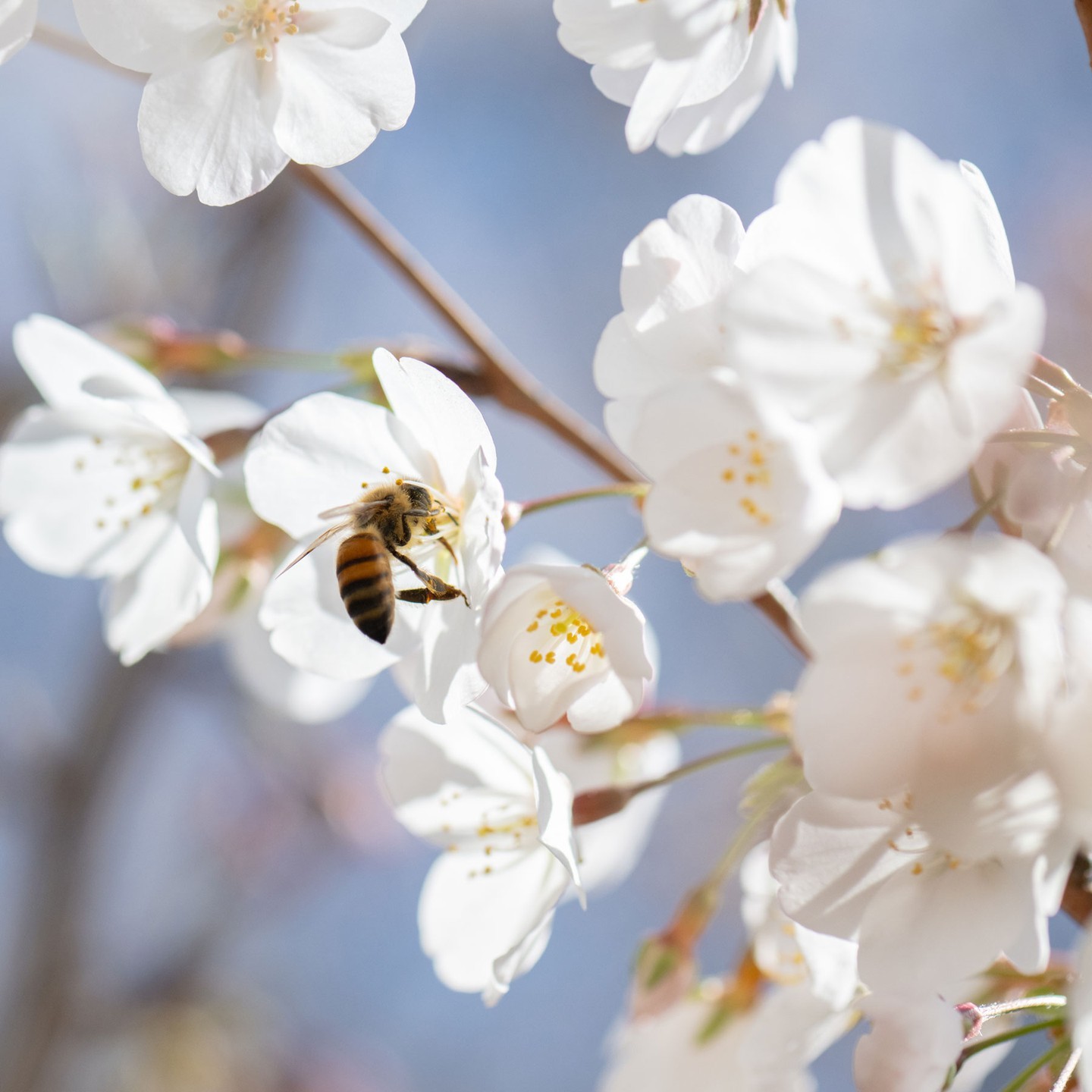- The critical role of bees in global food production and ecosystem health
- The impact of World Bee Day on raising awareness and promoting bee conservation
- The interconnectedness of bees, biodiversity, and human livelihoods
- Practical actions individuals and communities can take to support bee populations
- The challenges facing bees today and the efforts in conservation and research
Bees are tiny environmental powerhouses, buzzing behind the scenes to bolster ecosystems and agriculture worldwide. Representing a keystone species for biodiversity, these pollinators are responsible for the flourishing of a diverse array of flora, supporting the growth of many crops that sustain human populations.
The annual World Bee Day provides a focal point for bee conservationists to highlight these insects’ crucial role in global food security. It’s an opportunity to highlight the fact that bees pollinate about a third of the food humans consume—a staggering contribution to our everyday lives.
Bees also have a broader environmental significance. Beyond their agricultural value, they are critical to the health of natural ecosystems. By pollinating a vast array of flowering plants, bees lay the foundations for habitats that support a spectrum of wildlife, from birds to mammals, and contribute to rich, diverse landscapes.
Support for bee populations can be an individual endeavor as well. Garden for Wildlife Month encourages the cultivation of native plants, which provide bees with the resources they need to thrive. Individuals can make a meaningful impact by choosing to plant bee-friendly gardens that offer a variety of nectar and pollen sources.
Yet bees face many challenges, including habitat loss, climate change, pesticides, and pathogens. These threats have sparked global concern over the decline of bee populations, which has significant implications for biodiversity and human agriculture. To counter this, researchers and conservationists are dedicated to understanding the biology and ecology of bees, developing strategies for their protection, and restoring habitats.
International initiatives and community programs continue to promote sustainable practices that can aid bees in their indispensable work. Through outreach, education, and active participation in habitat restoration and conservation efforts, we can all contribute to securing the future of bees and, by extension, our wellbeing.
Driven by World Bee Day awareness campaigns and global conservation efforts, humanity is more than ever attuned to the rhythm of these buzzing invertebrates and their needs. Advocates for bee health tirelessly work to ensure that the vibrant humming of bees remains a constant in our world—a humble yet essential thread in the fabric of life on Earth.
*****
Source Description
It’s World Bee Day! 🐝 bees pollinate about a third of the food humans eat? They also pollinate most flowering plants, providing food and habitat for other wildlife. 🌸 You can help protect the bees and our planet by growing native plants.
Check out the link in our bio for a few simple ways to make a difference during Garden for Wildlife Month!

